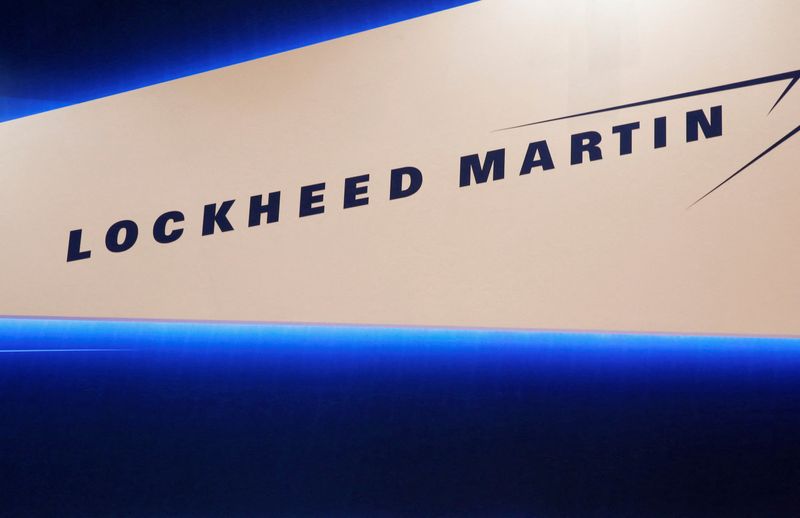
FILE PHOTO: Lockheed Martin’s logo is seen during Japan Aerospace 2016 air show in Tokyo, Japan, October 12, 2016. REUTERS/Kim Kyung-Hoon
February 14, 2022
(Reuters) – U.S. arms maker Lockheed Martin Corp on Sunday terminated plans to acquire rocket engine maker Aerojet Rocketdyne Holdings Inc for $4.4 billion, following opposition from U.S. antitrust enforcers.
The Federal Trade Commission sued to block the deal in January on the grounds that it would allow Lockheed to use its control of Aerojet to hurt other defense contractors. Missile maker Raytheon was an outspoken opponent of the proposed acquisition.
The merger, which was announced in late 2020, drew criticism as it would give Lockheed a dominant position over solid fuel rocket motors — a vital piece of the U.S. missile industry.
Before the deal collapsed, a Lockheed spokesman said Lockheed would not pay a termination fee if the deal failed because of opposition from antitrust enforcers.
If the deal had ended up in court, it would have been the first litigated defense merger challenge in decades, according to FTC.
The planned transaction also attracted opposition in the U.S. Congress including from Democratic Senator Elizabeth Warren, who was critical of what she said was a defense industry “left with a few giant firms that aim to buy up key suppliers and stomp out competition.”
Lockheed had said it accounted for 33% of Aerojet’s sales and argued that the deal would reduce costs for the Pentagon and the U.S. taxpayer.
Rocket motors like those made by Aerojet are used in everything from the homeland defensive missile system to Stinger missiles.
Aerojet develops and manufactures liquid and solid rocket propulsion, air-breathing hypersonic engines and electric power and propulsion for space, defense, civil and commercial applications. Its customers include the Pentagon, NASA, Boeing, Lockheed Martin, Raytheon Technologies and the United Launch Alliance.
(Reporting by Anirudh Saligrama in Bengaluru and Diane Bartz; editing by Kim Coghill and Diane Craft)

